
The Williamsburg Inn, the famed luxury hotel in Colonial Williamsburg that regularly plays host to celebrities and royalty (including Queen Elizabeth II, twice), recently discovered that many of its elegant doors were being propped open by brass “doormen” that depict crude racial stereotypes of African Americans. But rather than simply throwing the heavy doorstops on the scrap heap of history, the Colonial Williamsburg Foundation, which owns and operates the hotel along with three others, decided to turn the doorstops into something “teachable and affirmative” by melting them down and recasting the brass into a plaque bearing the words from an iconic speech by Martin Luther King, Jr. …
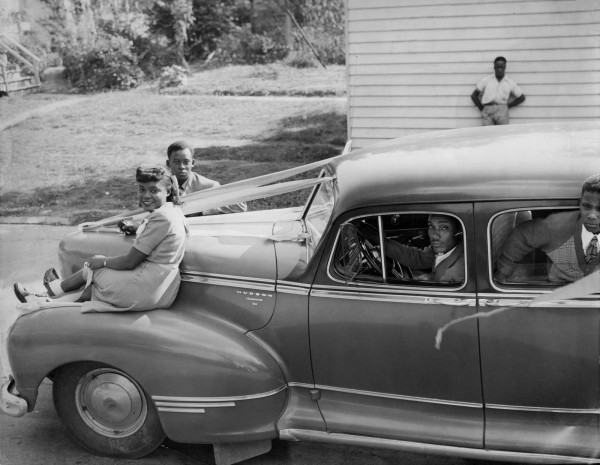

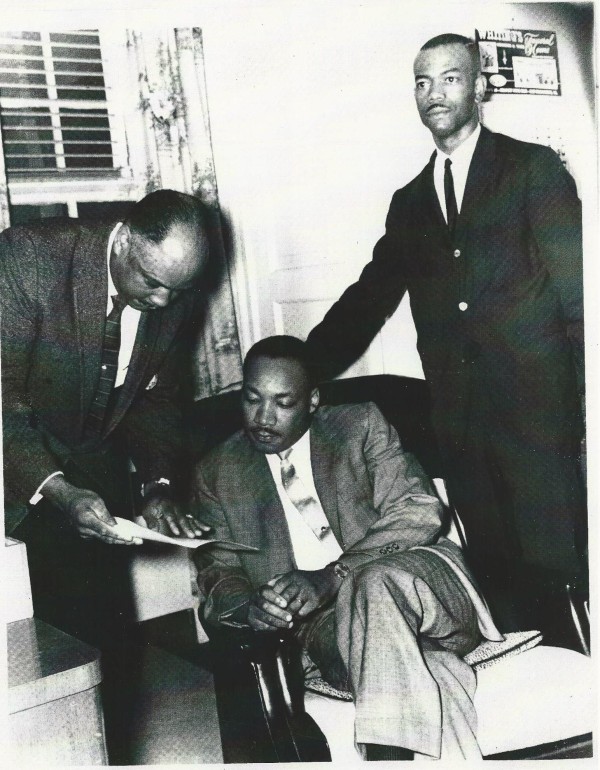
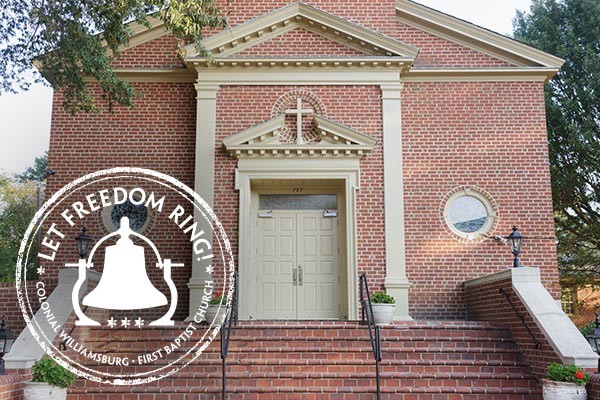 As the nation marks its 240th birthday this year, so does one of its oldest African-American houses of worship: Williamsburg’s historic First Baptist Church. Founded secretly in a Green Springs wood amid revolution, it has survived and thrived through enslavement, Civil War, segregation and today’s continued struggles for equality….
As the nation marks its 240th birthday this year, so does one of its oldest African-American houses of worship: Williamsburg’s historic First Baptist Church. Founded secretly in a Green Springs wood amid revolution, it has survived and thrived through enslavement, Civil War, segregation and today’s continued struggles for equality….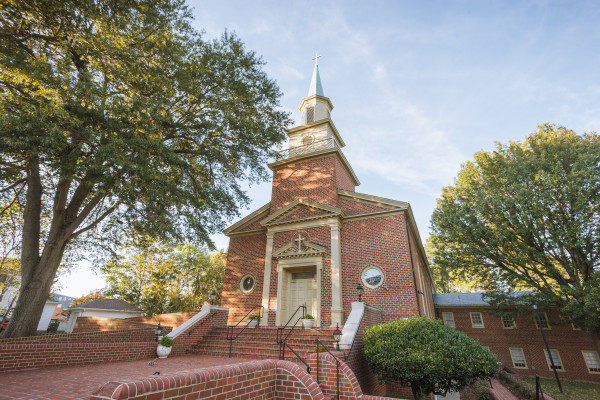
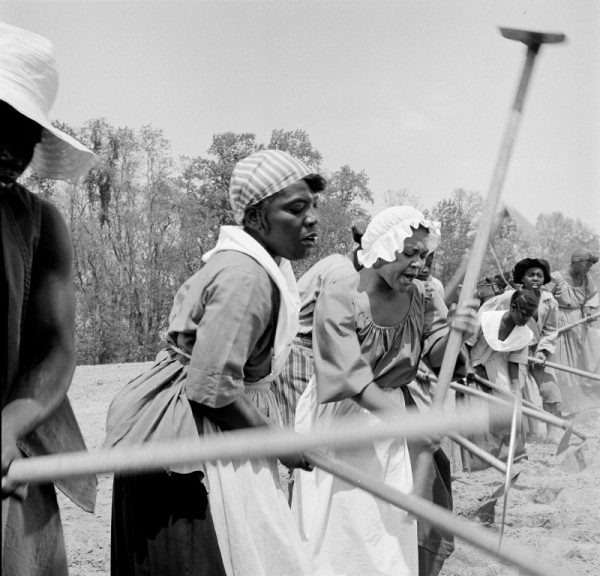
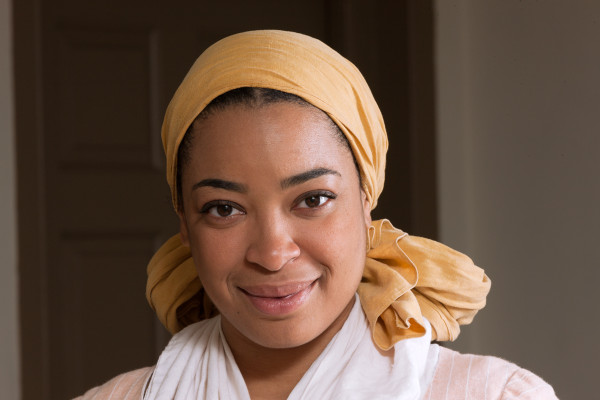 [brightcove videoID=2928448283001 playerID=2893748186001 height=413 width=735]
[brightcove videoID=2928448283001 playerID=2893748186001 height=413 width=735]